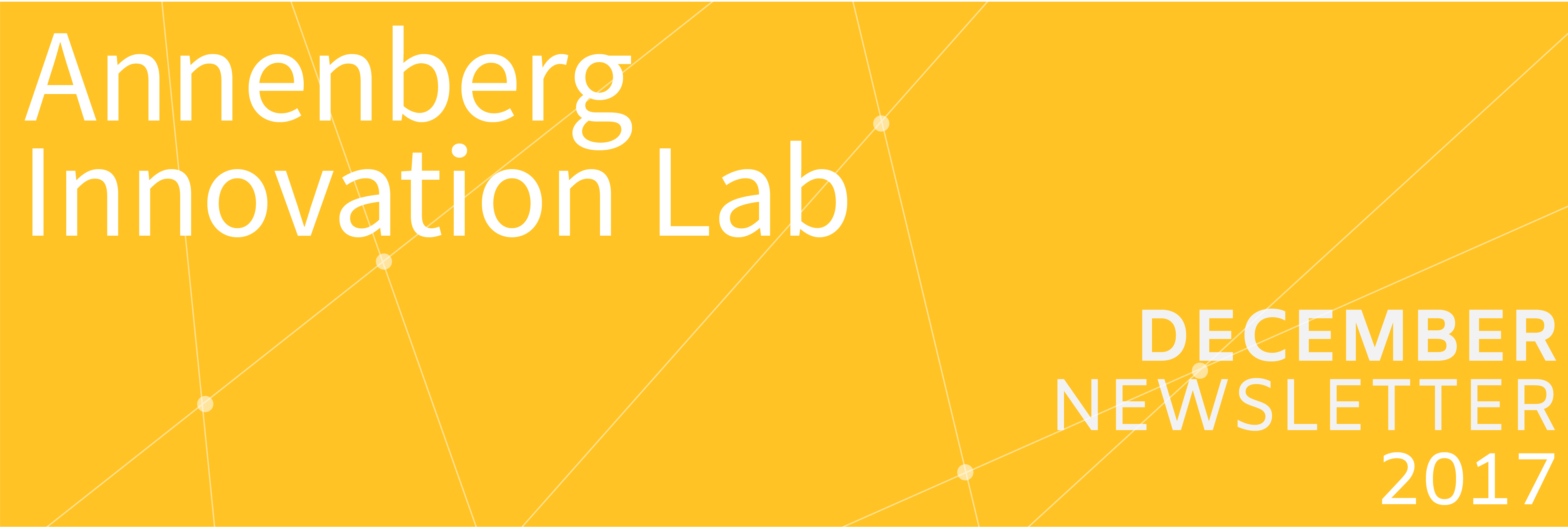
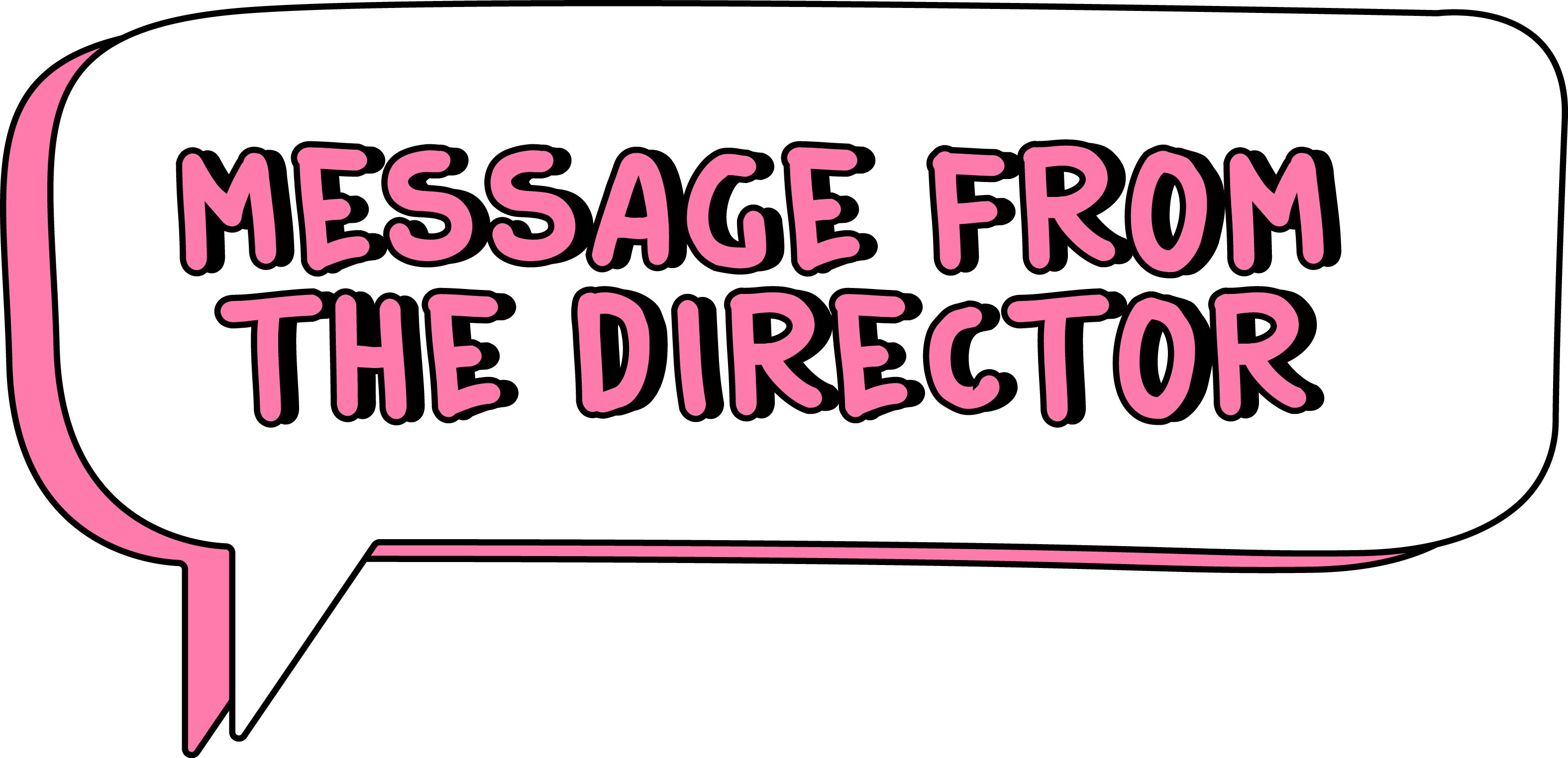
While we’ve made tremendous progress at the Lab, this has been a difficult year for much of the world. Whether on the social, environmental, economic, political or technological front, we have endured -- and continue to face -- both pressing and profound challenges. In this period of significant and accelerating change, the roles of media and technology as artifacts, practices, communities, systems, and cultures loom large as they interact with other driving forces (hello *late capitalism*) to a decidedly mixed result. Fed by omnipresent uncertainty, many among us are left wondering how to support and leverage the positive potential that formed the initial attraction to media and technology.
There is no map for where we’re headed, but the modes that have served us well, such as imagination, inclusion, collision, collaboration, exploration and experimentation, will be essential for navigating the whitewater world. We are eagerly taking up the gauntlet in ways large and small, endeavoring to help build the future we seek...and optimistic about our contribution. We’re fortunate to be on that journey with an amazing community at USC, in Los Angeles and beyond. MIdway through my second year here, I couldn’t be more excited about what lies ahead or how we’ll get there. Thanks much for your support and warm holiday wishes from all of us at AnnLab.
Colin

Henry Jenkins
Provost Professor of Communication, Journalism, Cinematic Arts and Education
This past week has brought me back to Star Trek as a source of inspiration. When I was in late high school, I stood in front of the Enterprise model in the National Air and Space Museum. Recently, I was interviewed on camera by the Air and Space Museum staff about Star Trek’s impact on our culture.
The moment brought me back to my hopes and dreams as an adolescent — almost a folding of time — and the many ways that series inspired me to think differently about the world — a set of ideals that celebrated infinite diversity in infinite combinations, a vision which led me to embrace inclusion and diversity as central to my understanding of social justice.
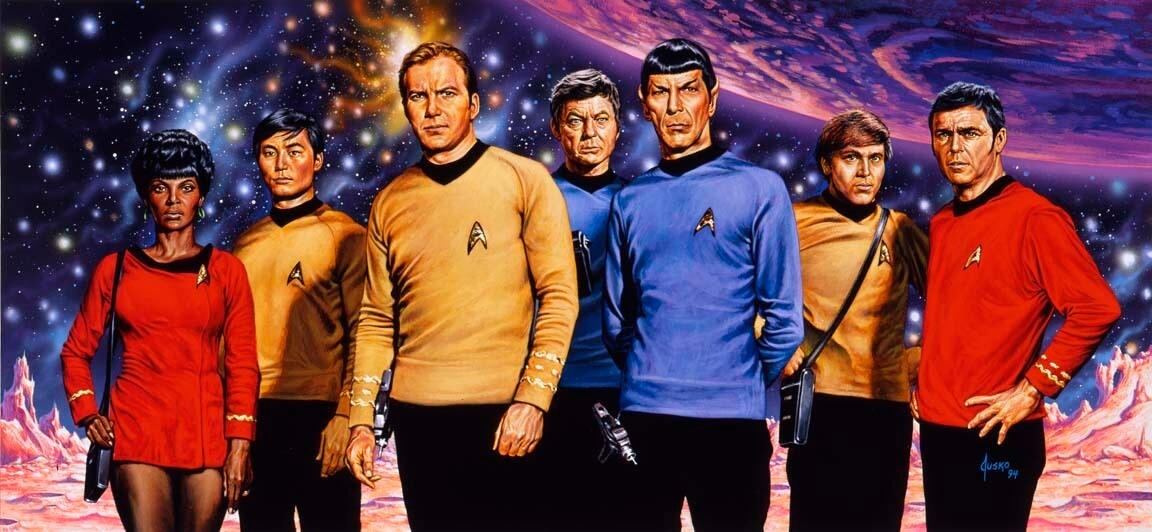
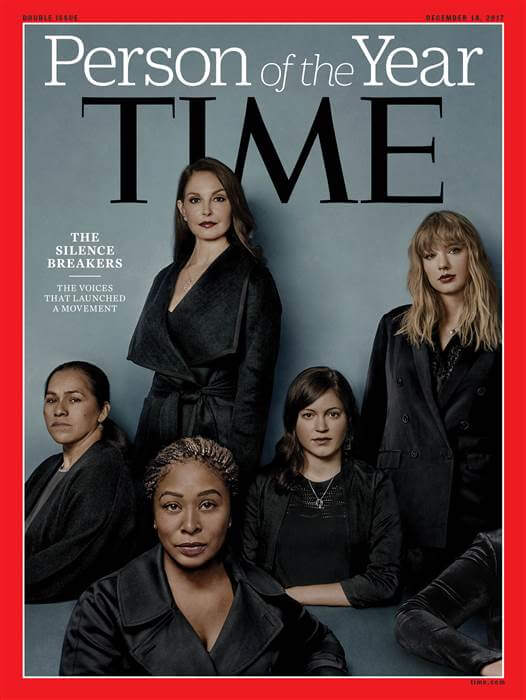
Kara Oehler
Senior Civic Media Fellow
Recently, feminist author Jessica Valenti tweeted, "If you have a story to share about harassment/abuse, do it now - I think we have a month, tops, before the wave of support moves against us." This echoes my own fear that people will become fatigued with the conversation, that the problem will seem too insurmountable and this behavior will continue to be overlooked and normalized. What's on my mind right now is how to keep this conversation about harassment and abuse of women in the United States going long enough that we actually see and create cultural change.

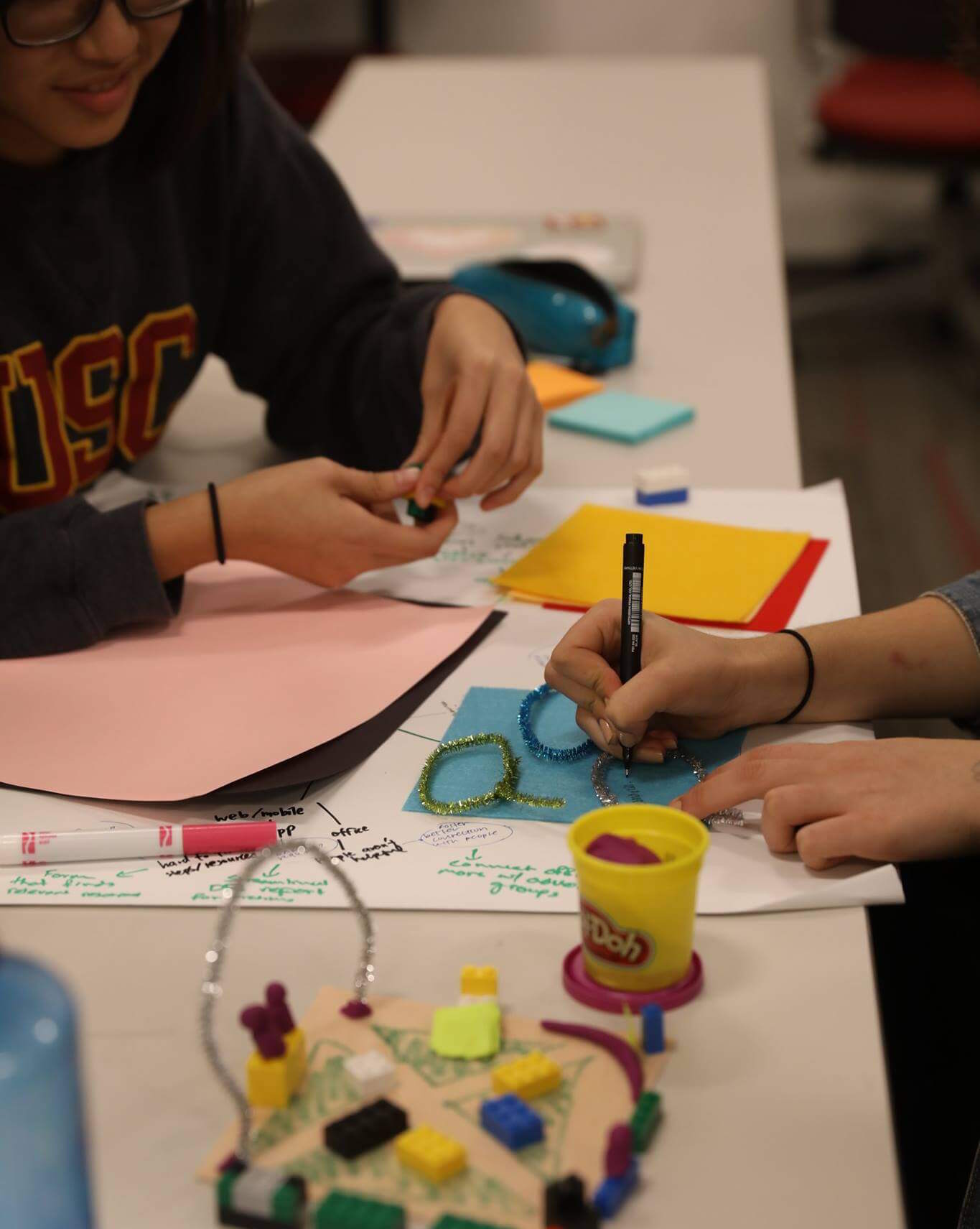 Design for America
Design for America
Design for America (DFA), USC's leading social innovation club on campus, practices design for social good. This fall, DFA partnered with local nonprofit RootDown LA to improve food and nutrition awareness in South LA. Teams of undergraduate students are currently mapping LA’s food deserts, empowering culinary-inclined youth, building sustainable permaculture programs, and growing social ventures. This past week, DFA shared a dinner with the RootDown team to close out the semester of research and celebrate the coming journey towards ideation and building in the spring.
To stay up to date with DFA’s progress, check out their Facebook page here.

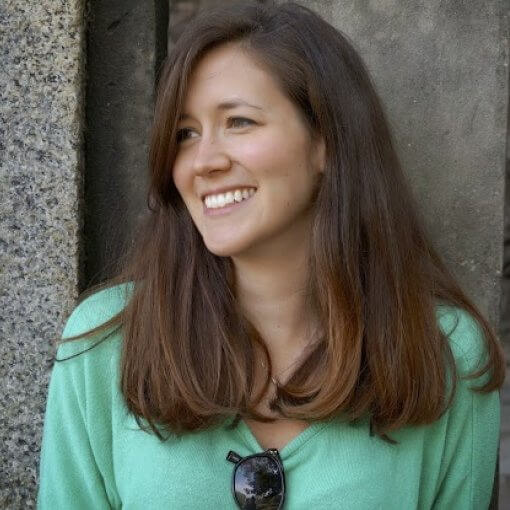 Sarah Myers West
Sarah Myers West
ABD
The technology industry’s challenges with diversity have been well chronicled. James Damore’s now-infamous memo critiquing Google’s diversity initiatives is characteristic of the reticence felt in some corners of Silicon Valley to acknowledge why diversity matters; that it’s not just about representation, but that including people of different races, genders, sexual orientations, abilities, and classes actually makes the technologies they produce better.
Problems of inclusion are not limited to the technology industry, but also plague tech scholarship. Every year, there’s a public outcry over another conference panel, another magazine issue, that makes claims to represent the best of tech scholarship – but does so, curiously, without the inclusion of women or gender non-conforming folks. This isn’t because the work isn’t out there; as evidenced recently when Jillian York and I created a syllabus to collect a list of recommendations in response to one of these events, there is a tremendous amount of excellent scholarship being produced by people across the gender spectrum. As of now, with the help of hundreds of scholars on Twitter, we have over 400 names of women and gender non-conforming scholars doing excellent research on tech.
This isn’t the first such effort – Women Also Know Stuff, the Fembot Collective, and FemTechNet are but a few of the initiatives out there that do excellent work in addressing the need for inclusion in tech scholarship – and I don’t pretend it won’t be the last. But I hope that creating this syllabus will be helpful to other scholars who want to be more inclusive in their own citations, in the syllabi they put together, and when they invite people to speak at their departments and conferences. In the next stage, we’re working to put this up on the web, to make it sortable and searchable, and hopefully to develop other ways to address this issue more systematically. We all have a lot of work to do to address these challenges.

Aninoy Mahapatra
AnnLab, Technical Project Specialist
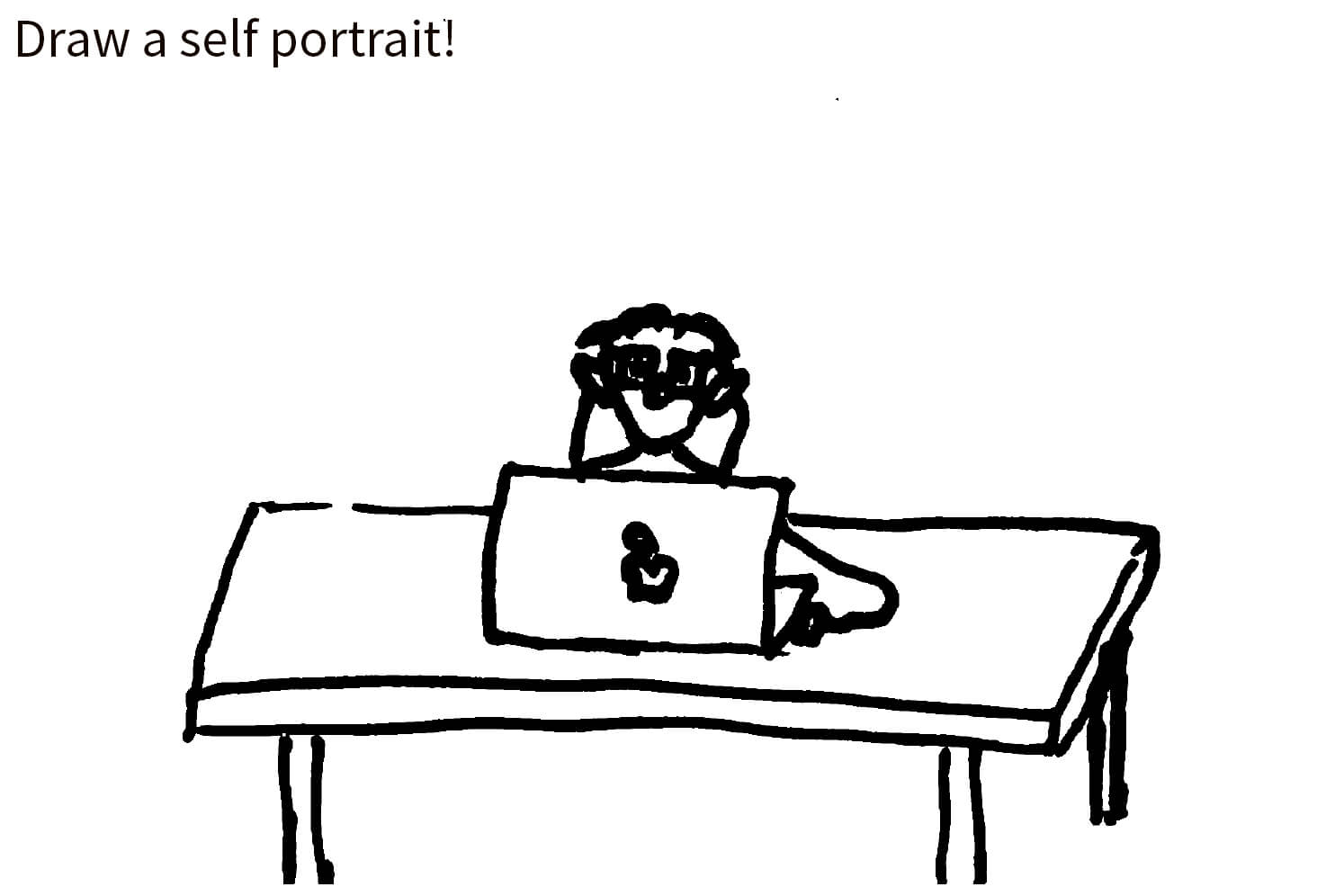
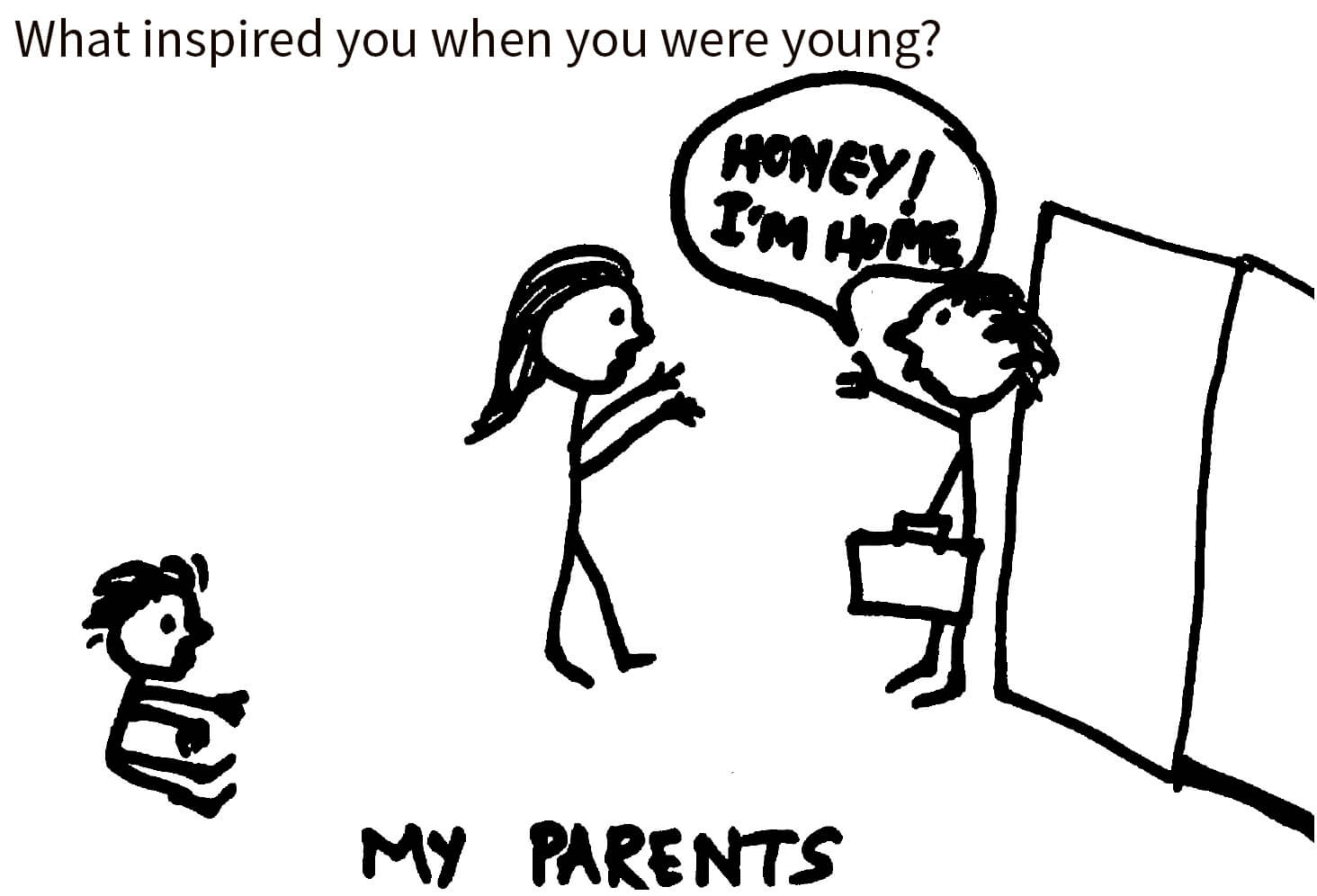
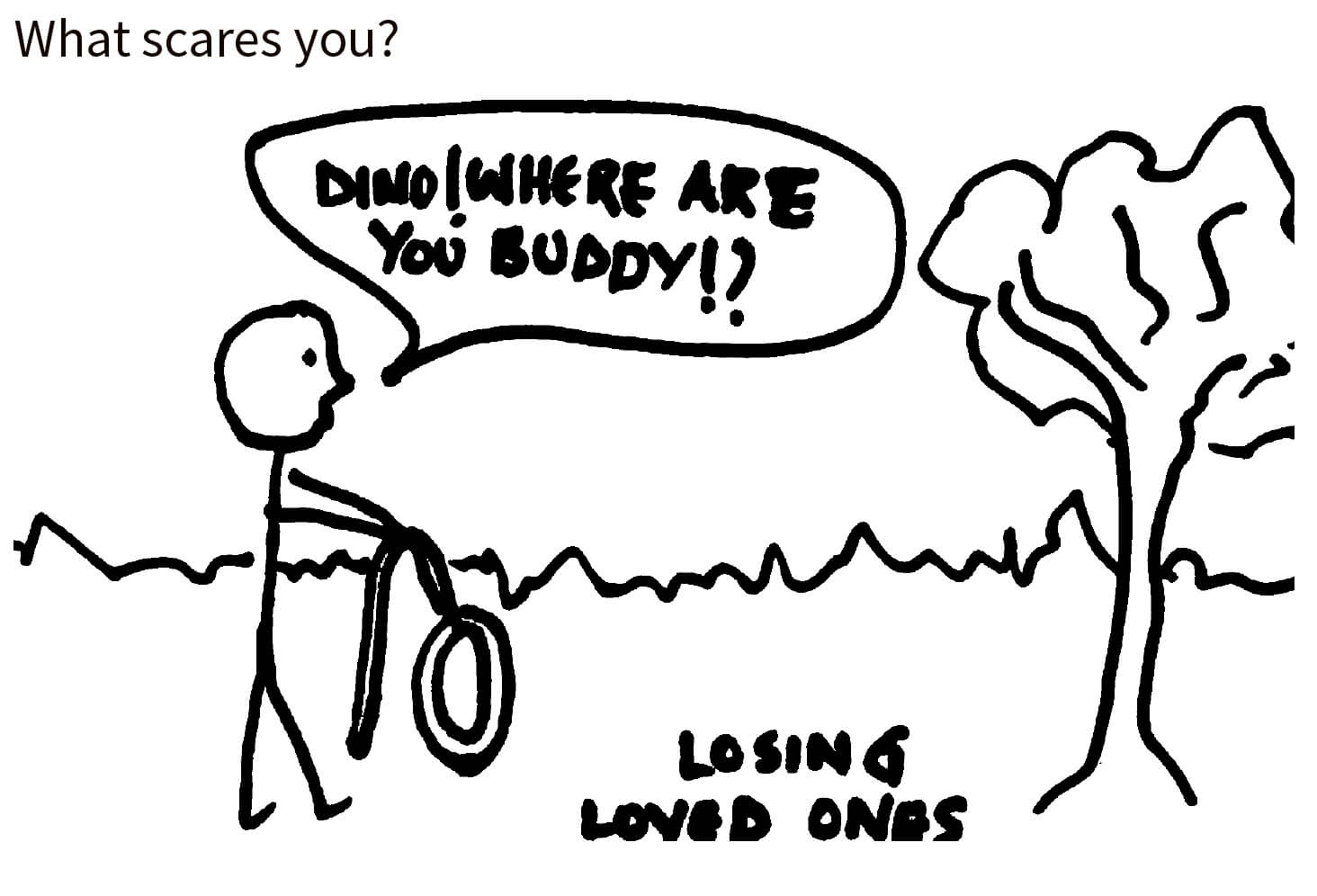
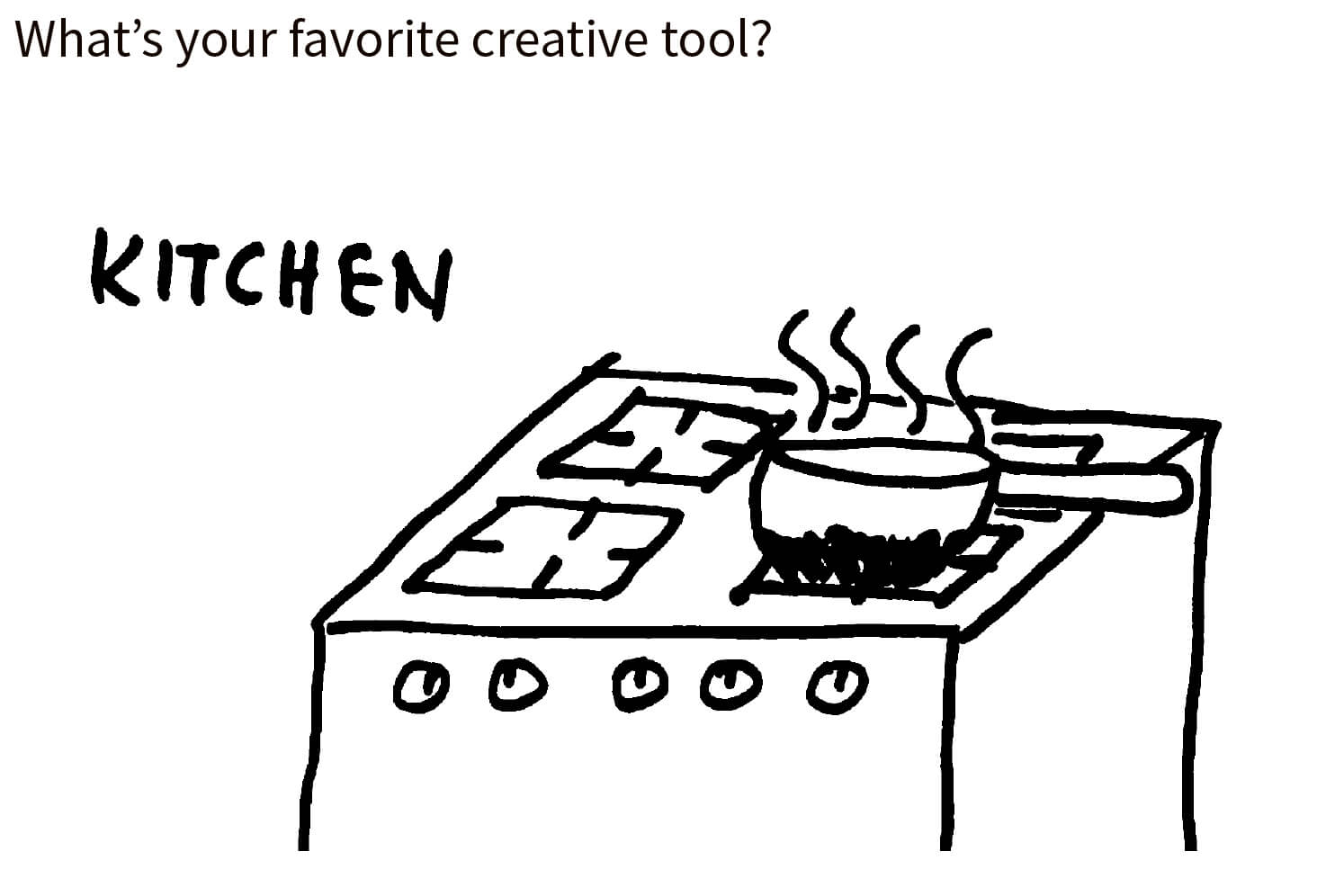
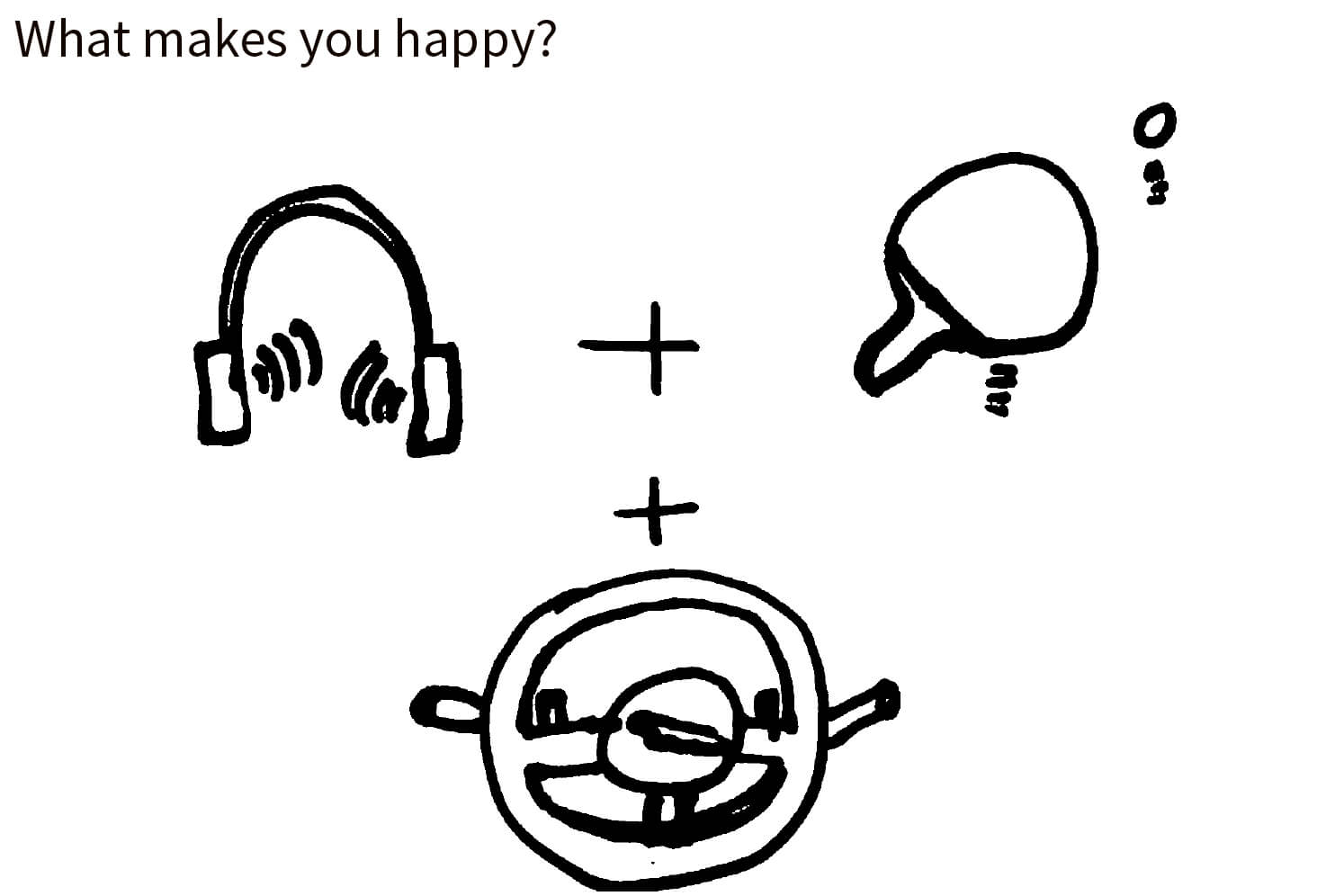
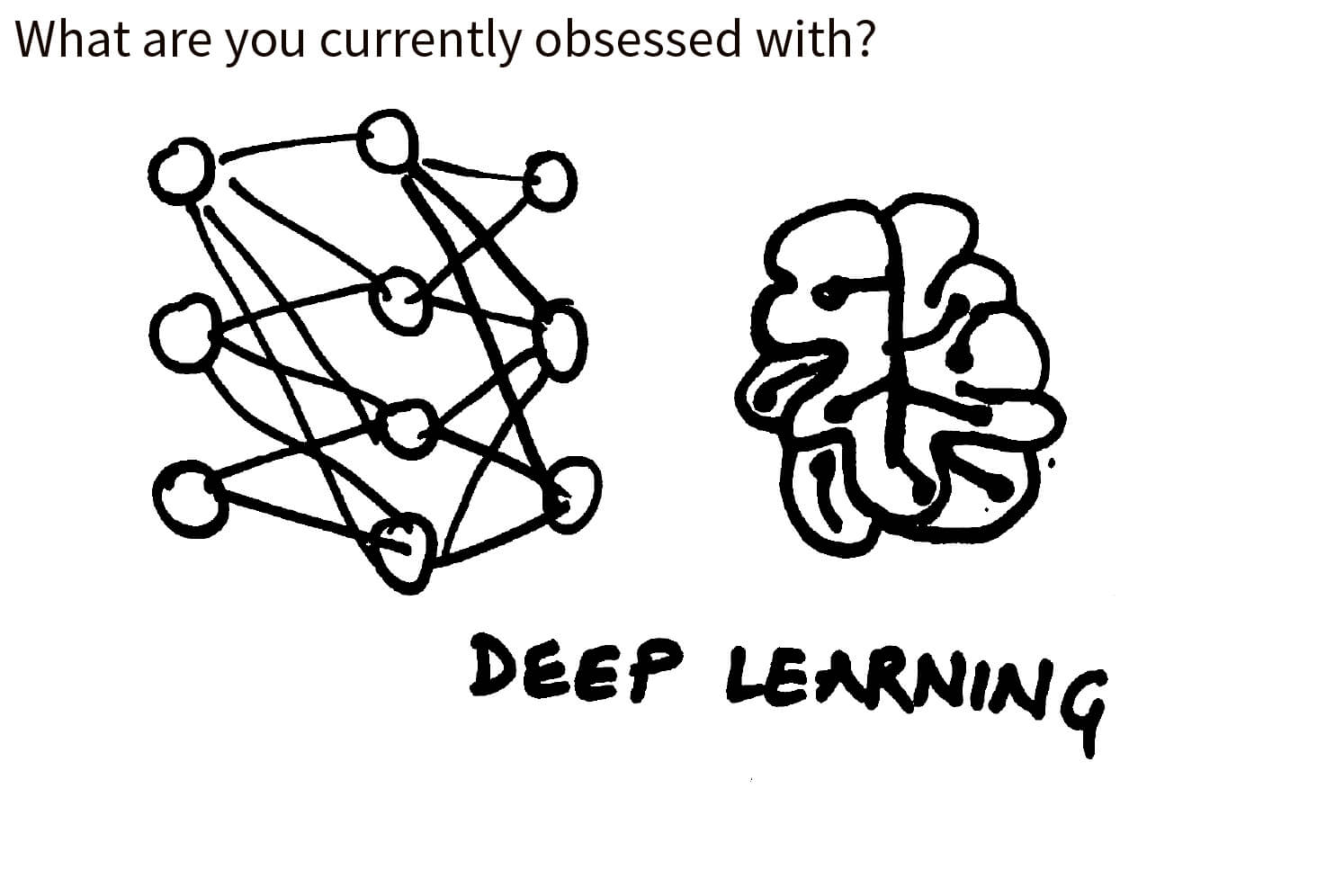
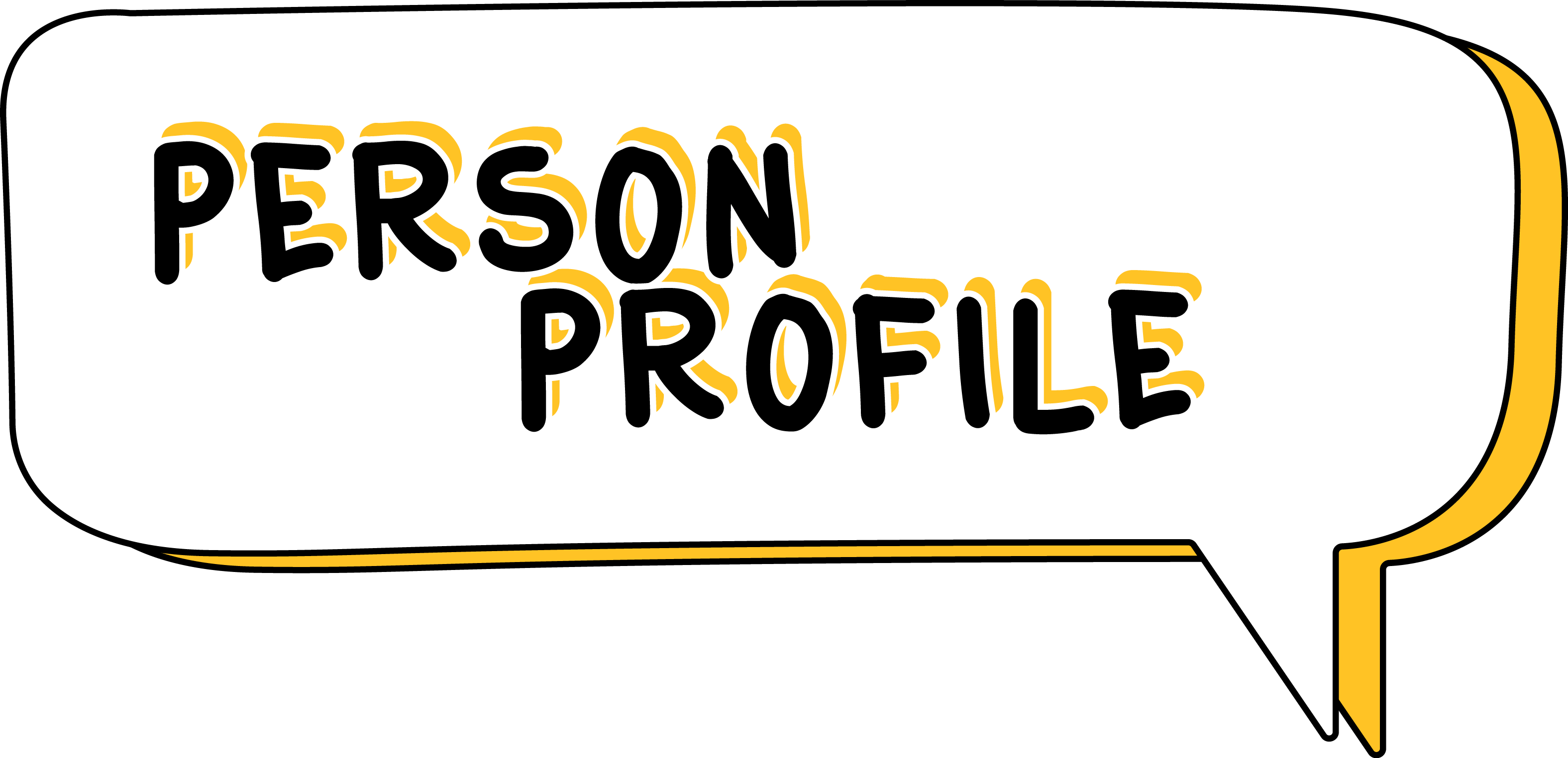
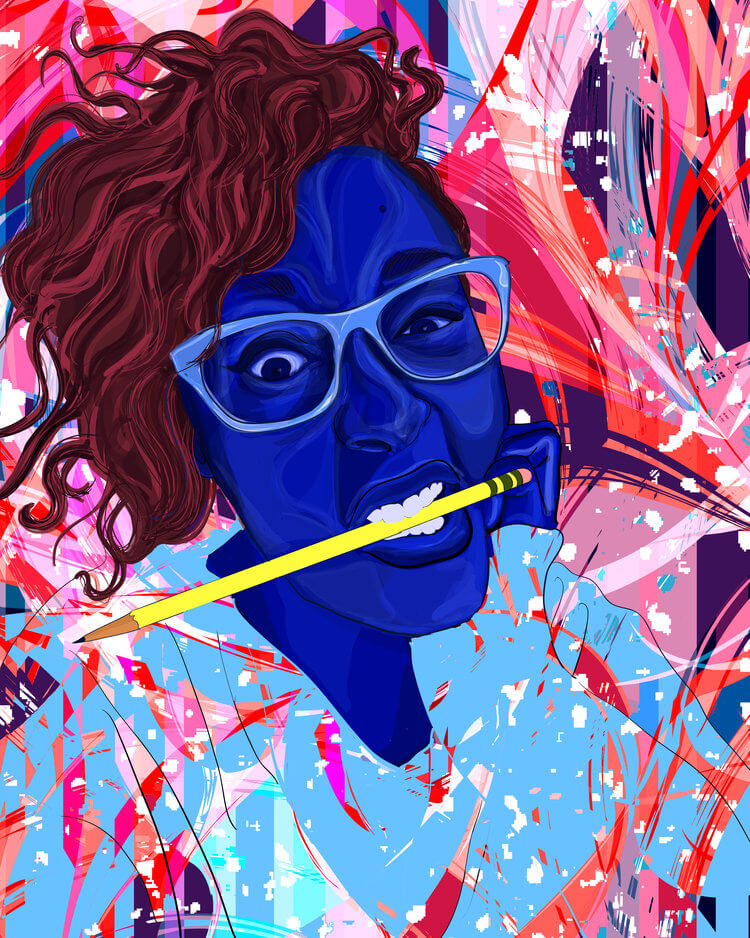
Eve Ewing has been trying to quiet calls from her loyal twitter base about running for mayor of Chicago, but what about writing for Marvel? Ewing can get behind that. Recently a petition began circulating encouraging Marvel to fill its now vacant principal writer position with the poet, sociologist and AnnLab civic media fellow.
She’s told her twitter base: “I would actually love to do this and I think I got the chops as much as any other crossover writer who[‘s] taken on a Marvel title recently. I’ve done self-study of narrative technique in comics for years. I’ve read Eisner, McCloud, Barry, Brunetti.”
Over 1,500 people have signed the petition to push the comic world to embrace more women of color in the writers room and many people think that Ewing can only enhance storylines like Riri Williams, the recent protagonist of Iron Man.
The petition, written by novelist Tochi Onyebuchi, states that, “Ewing captures the feel of Black girlhood in a city's whose representation has never quite fit its real character. Her narrative versatility leaps from ruminating on Black people's unanswerable questions of survival in an anti-Black world to flexing her memory muscles retelling first engagements: with Prince or a steadily gentrifying Chi-town; all written in striking detail.”
Are you in on #ironhearteve? Sign if you are!
illustration by Hayveyah McGowan

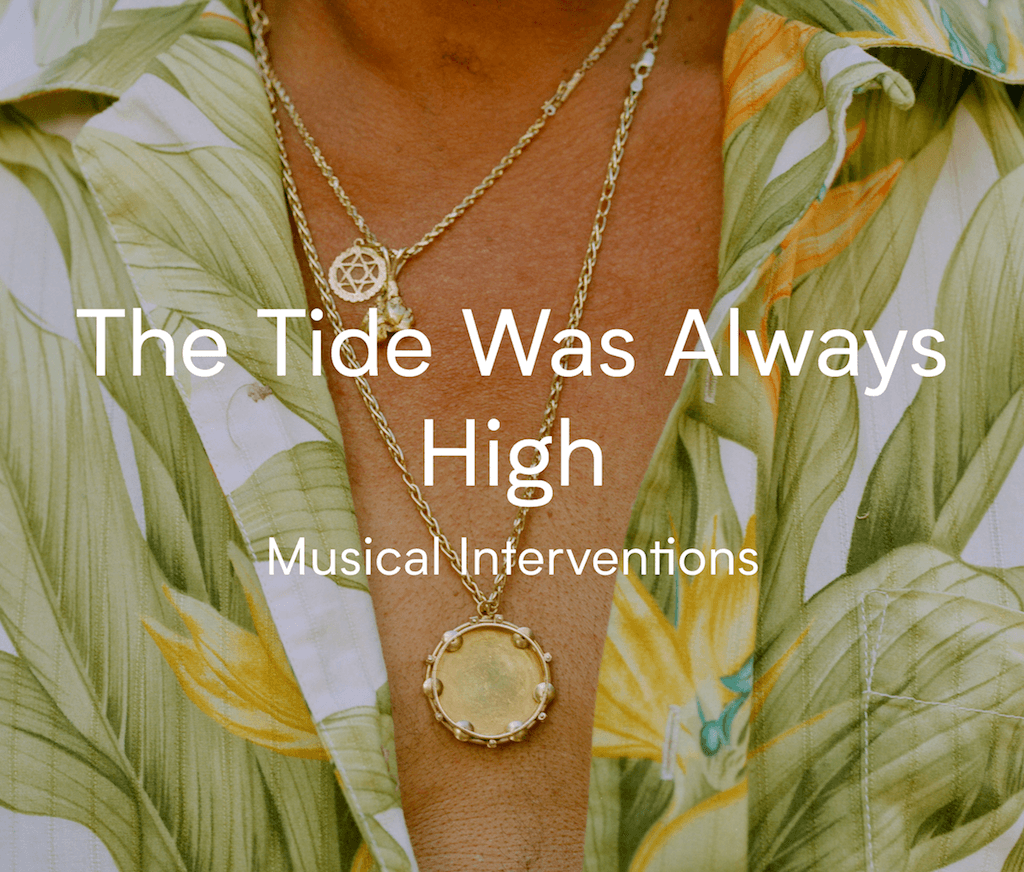 Josh Kun curates a Musical Interventions Series
Josh Kun curates a Musical Interventions Series
The final installment of Josh Kun’s Musical Interventions series was performed at Royce Hall at UCLA on December 2nd. Part of the Getty’s fall showcase of Latino and Latin American art called Pacific Standard Time LA/LA, Musical Interventions celebrates the living art of Latin music. Brazilian pianist João Donato, also known as ‘That Bad Donato’ collaborated with a mix of Brazilian and Los Angeles based artists Bixiga 70, Mateus Aleluia, Thalma de Freitas on stage. Kun has been curating shows at the Hollywood Bowl, Grand Park and Walt Disney Concert and other classic LA venues all fall to explore the intimate and collaborative relationship between Los Angeles and Latin American musicians.
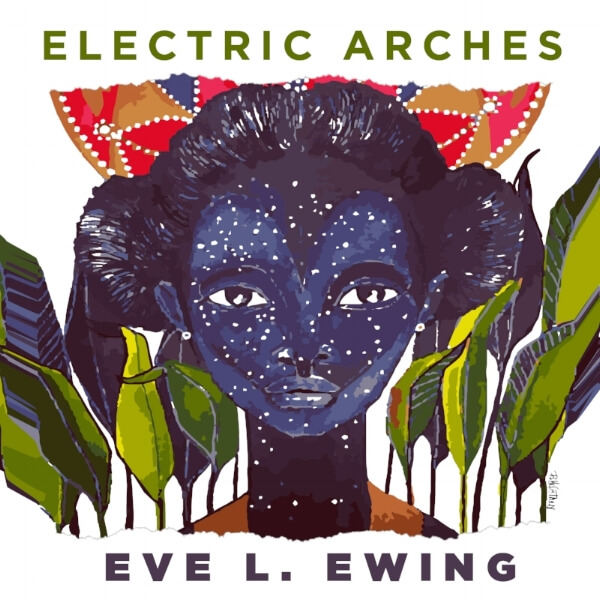 Eve Ewing’s Latest Book Release
Eve Ewing’s Latest Book Release
Senior Civic Media Fellow Eve Ewing’s book Electric Arches is out! If you missed her mesmerising performance at the AnnLab in October of some of the poems in the book, no worries! You can buy it now on Amazon. So far the Paris Review has put it on their Staff Picks and the book is a finalist for Chicago Review of Books Awards. Her fellow writer Kiese Laymon promises you won’t be disappointed. “Eve Ewing has written a book I thought was un-writeable” he said.
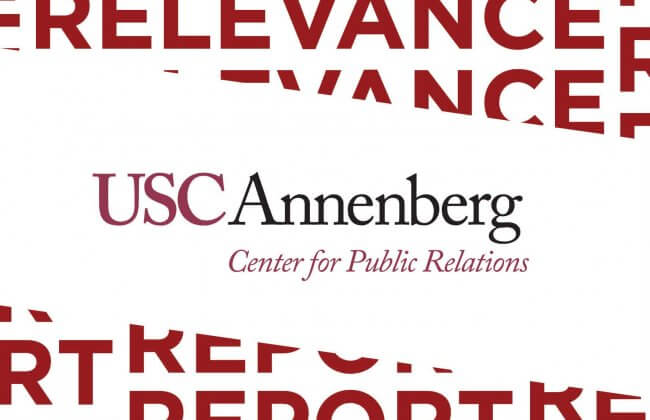 Annenberg Relevance Report
Annenberg Relevance Report
Has Facebook finally revealed itself as the biggest player in media landscape? Did Asian leaders inspire Trump’s love of “fake news”? How will media shape to utilize features of the iPhone X? Well, the Relevance Report gives a look into the minds of communications experts, and innovators who are answering these questions. Started by the USC Center for Public Relations, featured writers in the Relevance Report attempt to predict the hottest topics in the coming year. Lots of insights to read in the report, including Professor Gabe Kahn’s essay about the positive reaction that the advertising industry has had to fake news. Check it out here!

- Sarah Banet-Weiser, “Commentary: When ‘Nice Guys’ Turn Out to Be Sexual Predators,” Fortune
- Mike Ananny: “Can Google, Facebook weed out fake news with ‘trust indicators’?” KPCC’s Airtalk
- Kate Miltner was interviewed for Motherboard about the enduring popularity of the Toto song “Africa”: “How ‘Africa’ by Toto Became the Internet’s Favorite Song”
- Matthew Bui presented two papers at the All Things in Moderation 2017 Conference at UCLA: “Digital Spaces and Urban Places: Geospatial Applications and the Moderation of Urban Politics” and “Moderation, Ratings and Gentrification: A Yelp Case Study from Los Angeles.”
- Josh Kun collaborated with singer-songwriter and recording artist Thao Nguyen to deliver an experimental lecture for the Arts + Design Mondays series at BAMPFA (Berkeley Arts Museum and Pacific Film Archive) in Berkeley.
- Hernan Galperin presented his new policy paper at the Ministerial Conference on Social Development in Latin America and the Caribbean, which took place October 26 in Motevideo, Uruguay. The paper, commissioned by UNESCO, addresses the challenges for digital inclusion in Latin America.
- USC Annenberg students and recent alumni were recognized at the 2017 National Arts and Entertainment Journalism Awards in a variety of categories — from soft news and profiles to commentary and the journalistic use of social media.